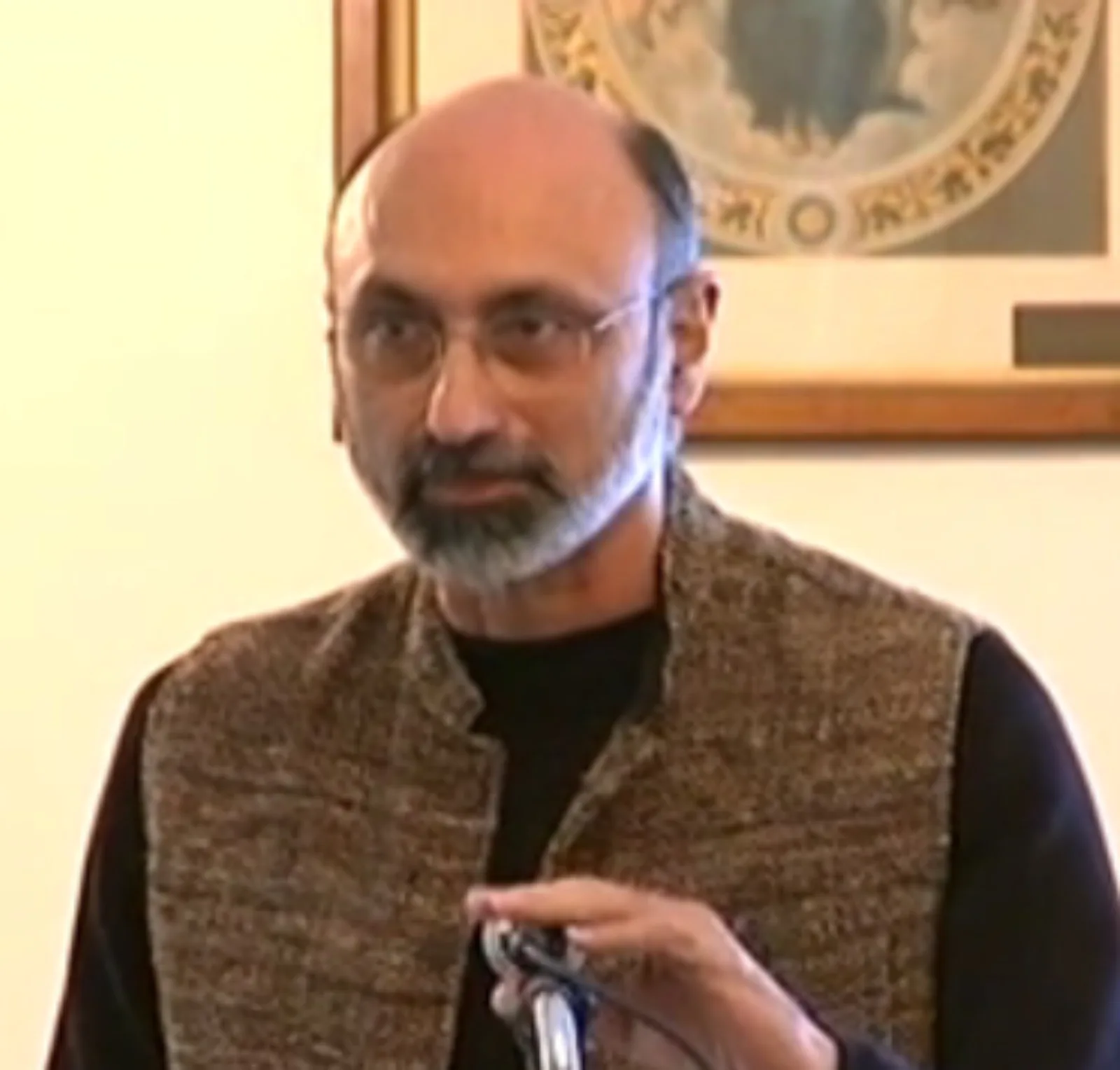Personification has attracted continuing critical attention as a figure for the power of poetry to animate the inanimate and to give voice to the voiceless. In turn, apostrophe has been read as exemplary of lyrical voice, and of those forms of poetic address that model self-referential circuits of poetic utterance. In this understanding, the poetics of apostrophe refuses critical attempts to read into its deployment historical and political reference.
This talk will argue that any critic who pays attention to eighteenth-century uses of apostrophe will recognize that it is one of many figures that allow poets to engage fully with the worlds their poems bring into being. Rhetoricians and grammarians like Alexander Adam, James Grant, and Hugh Blair understood it in those terms, and I will turn briefly to their writing. I will also argue that apostrophe, like any other rhetorical figure, is a vivid element of the poetics of empire as it was developed over the course of this century. Here, my examples will come from Joseph Addison’s A Letter from Italy, to the Right Honourable Charles Lord Halifax (1704), Edward Young’s Imperium Pelagi (1729) and Hannah More’s abolitionist “Slavery, A Poem” (1788).
In sum, the talk will suggest that any critical poetics is necessarily a historical poetics.
Learn more about the speaker: Suvir Kaul, University of Pennsylvania.
Organized by Timothy Campbell, University of Chicago; Lisa A. Freeman, University of Illinois at Chicago; Richard Squibbs, DePaul University; and Helen Thompson, Northwestern University.
Faculty and graduate students of Center for Renaissance Studies consortium institutions may be eligible to apply for travel funds to attend CRS programs or to do research at the Newberry. Each member university sets its own policies and deadlines; contact your Representative Council member in advance for details.
